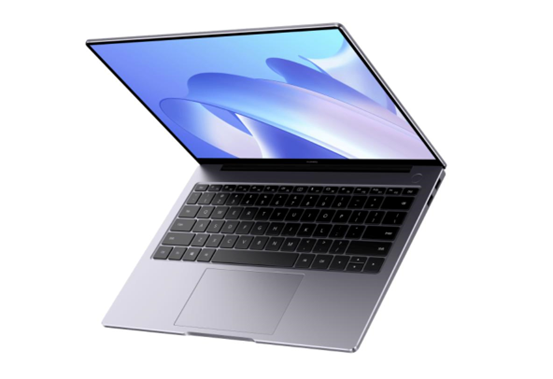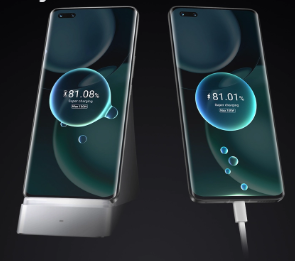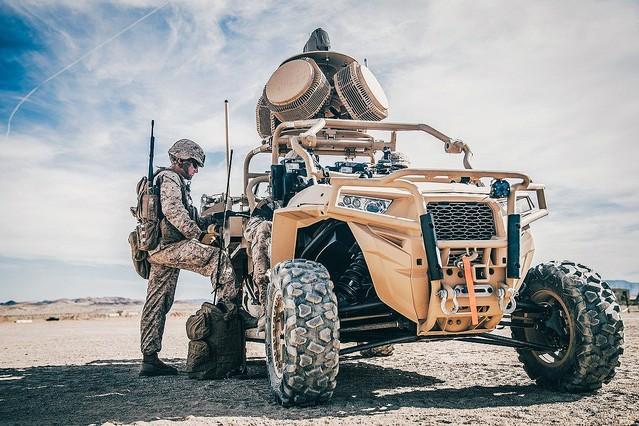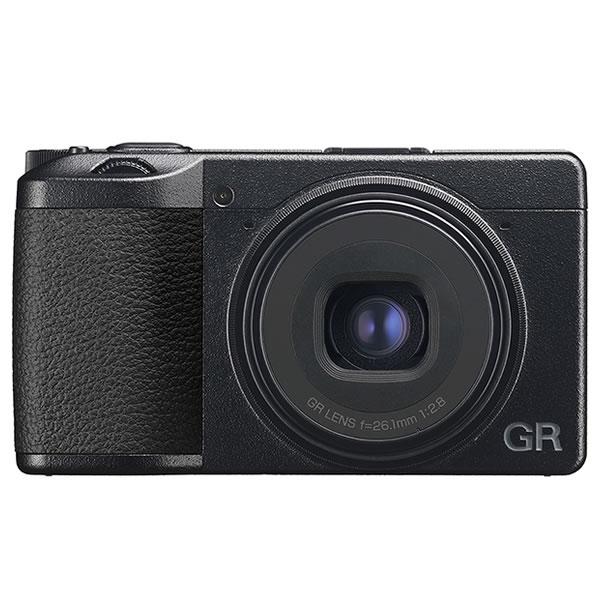Astra's "Rocket 3.3" rocket, satellite could not be put into orbit.First launch from Florida
delivery
12 comments 12Astra's "Rocket 3.3" rocket launched from Launch Pad 46 of Cape Canaveral Space Force Base
Astra Space, an American private space company, launched the "Rokcet 3.3" rocket (LV0008) on February 10, local time. The rocket was equipped with four microsatellite satellites developed with the support of NASA, but a problem occurred during the launch and the satellite could not be put into orbit. .. Rocket3.3 (LV0008) was launched from Launch Pad 46, Cape Canaveral Space Force Base, Florida, at 15:00 EST on February 10, 2022. This is the first time Astra's rocket has been launched from Florida. The launch was broadcast live by overseas media NASA Spaceflight.com. The first stage was separated from the rocket about 3 minutes after the launch, but when looking at the image from the camera attached to the rocket, it seems that the second stage is rotating violently immediately after the separation of the first stage. You can check it. Overseas media reports that there may have been a problem with the separation of the fairing (the part that protects the satellite at the time of launch) that was supposed to occur between the engine stop of the first stage and the separation from the second stage. .. On February 10, local time, the company wrote on its official Twitter account: "We were unable to get the payload into orbit due to a problem during today's flight. We deeply apologize to our customers NASA and the small satellite team." And tweet. More information will be announced after the data review is complete.
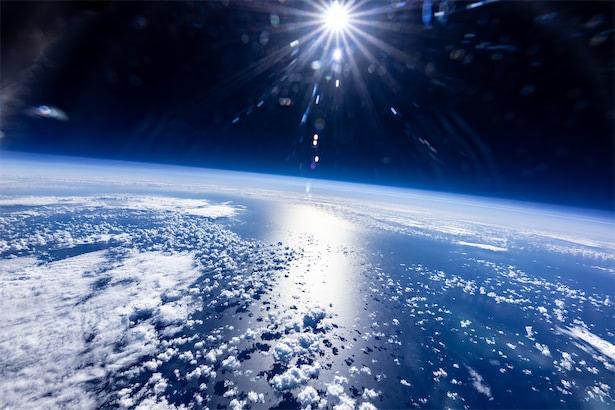
This time, Rocket 3.3 was equipped with four microsatellite satellites selected as part of NASA's "ELaNa 41" mission (ELaNa stands for Educational Launch of Nanosatellites). Alabama University's "BAMA-1" is a technology demonstration to quickly remove artificial satellites from orbit using sails to prevent them from becoming space debris, and New Mexico State University's "INCA" is space weather. Model improvements, "QubeSat" at the University of California, Berkeley will test the operation of quantum gyroscopes in space, and "RS-51" at the Johnson Space Center (NASA) will demonstrate technology that will lead to safer and more efficient manned space exploration. Each was for the purpose. This launch is part of NASA's "VCLS Demo 2" (Venture Class Launch Services Demonstration 2) contract, which is a support measure for NASA's small satellite launch business. Astra successfully launched Rocket 3.3 and put the test payload into orbit in November 2021, which was Astra's first operational satellite launch mission.
Deguchi Hayashi
Last updated: sorae Portal site to space
